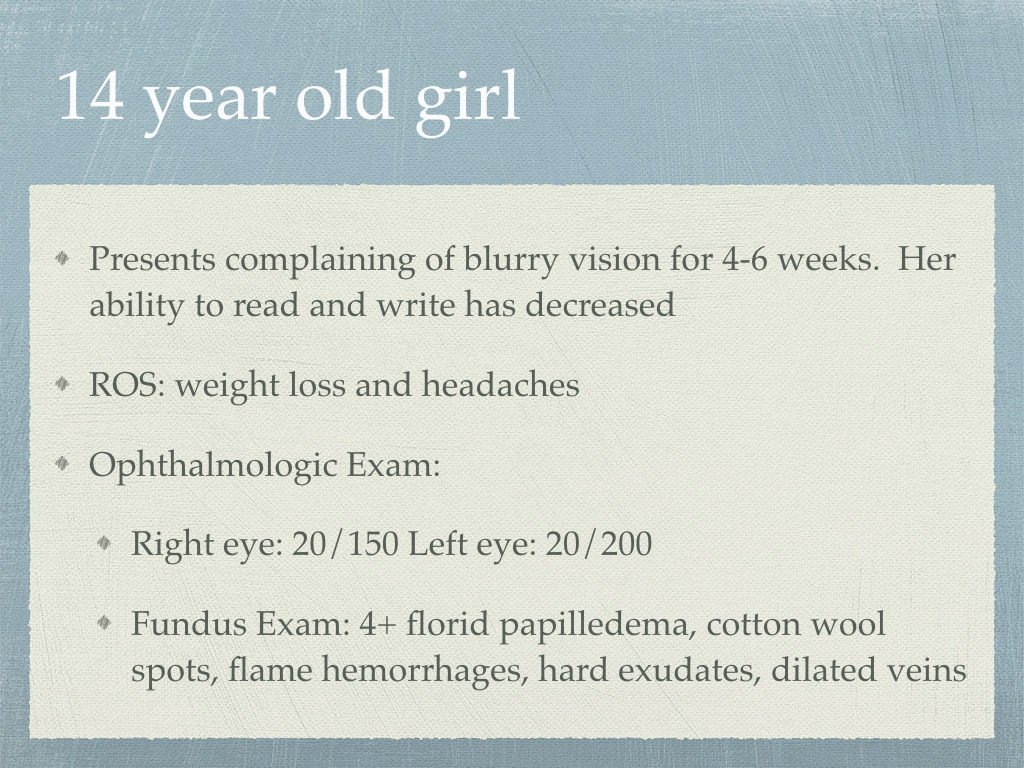Becoming A Better Public Speaker
No one is born a public speaker, most of us have to work at it.
I love public speaking. Yesterday, I spoke to over 250 optometrists about strabismus (lazy eye) and enjoyed every minute of it. I used to get extremely nervous giving presentations when I was young, racing through my slides. What changed?

When I was a first year ophthalmology resident, I was tasked with giving Grand Rounds on the topic of complicated cataract surgery using capsular tension rings. I hadn't even seen cataract surgery at that point, much less the device they wanted to discuss. But, I made it my mission to give the best talk I could and from the positive feedback I received, I grew to really enjoy public speaking.
1. Don't be afraid to ask for help
I clearly had no idea how to perform cataract surgery. So, I decided to call the office of the ophthalmologist whom the device was named after. He was so kind and sent me a DVD, that day, of his surgeries using the device (this is before YouTube, am I dating myself here?) Then, I asked a couple of the younger attendings to review the DVD with me so that I could understand what was going on. You'll be surprised at how much senior docs will help if you only ask!
2. Overprepare
You are the expert for your talk. And, if you have no clue about what you're discussing, then prepare, prepare, and prepare some more. Nothing combats your nerves as being able to answer any question the audience asks. Comfort with the subject matter increases with experience and time, so if you don’t have the experience yet, then prepare.
3. Make your slides visual
Ophtho is very visual, so I work really hard not to use wordy slides. No one wants to listen to a speaker just read the slides. I put up pictures and then I know the cases so well, that I can discuss them without the history there. This makes your audience HAVE to pay attention (and awake). If you don’t have words on your slide, then you and your audience are both left to engage each other fully.
Consider the difference between the top and bottom slide.


The top has all of the information, but if I stand and read this to you, you're going to get bored very quickly. What if, instead, I simply told you all of that information written on the top slide while just showing you the more visual bottom slide? You'd be forced to listen!
4. Let your passion show
When you are passionate about a subject, your energy will infect your audience. I have seen an audience give a particular neuro-ophthalmologist a standing ovation. FYI, neuro-ophthalmology is long considered a very dry field and certainly not one which would invoke a standing ovation. What captured the audience's attention was the lecturer's passion for his subject matter.
5. Slow down
This one was hard for me because I speak very quickly naturally. You want to talk slower than you think you do. Normal conversation is about 120-150 words per minute. Most people, like me, speak too quickly during a presentation, in a rush to get all the information out. When you practice, time yourself. Record yourself on your phone using the feature which converts your speech to text for 1 minute.
6. Make every moment intentional
I tend to talk with my hands which can be very distracting. Every gesture should be intentional.
7. Practice, practice, practice
Video yourself. Present to a friend or colleague. Get feedback and improve upon stumbling blocks.
7. Remember, it's not about you.
It's about what the audience can learn from you. Make your primary focus the audience and what you can teach them. You want them to leave your lecture better for it.
Enjoying giving talks has truly helped me in so many ways. I was able to use this skill in residency to distinguish myself and it has helped me grow my practice as well! I hope it'll do the same for you.

